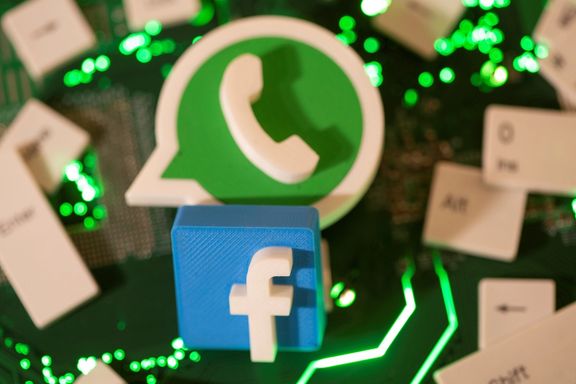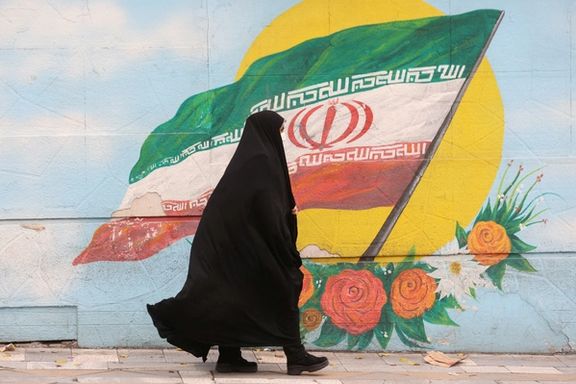Iran Orders Social Media Influencers To Get Advertising License

A recent mandate requiring advertising licenses for social media accounts boasting over 5,000 followers in Iran has raised concerns over government control and taxation motives.

A recent mandate requiring advertising licenses for social media accounts boasting over 5,000 followers in Iran has raised concerns over government control and taxation motives.
Abbas Mohammadian, the Islamic guidance ministry’s media and advertisement deputy defended the requirement as a measure to safeguard legal rights and ensure advertising compliance with regulations. However, skepticism persists regarding its broader implications, including identification of influencers and taxation of their earnings.
The regulation, applicable to both foreign and domestic social media platforms, has sparked criticism, especially in light of Iran blocking most major social media platforms, such as X, Facebook and Youtube.
“What license? All [foreign] social media applications are blocked … What are you going to do if they don’t [acquire one]?” a tweet asked the authorities.
Many suspect that besides controlling content of advertisements and ensuring they do not break the rules of Sharia such as the rules for hijab, the requirement is meant to be used for identifying bloggers and influencers as well as their content creators, photographers, models, and admins. Some of these individuals have high earnings for which they may not be paying taxes, because they are not officially employed.
“Who has given you the right to tax [Instagram] bloggers and require a license for their activities when you are the ones that have blocked Instagram,” another tweet told authorities.

All major social networks including Instagram, Facebook, X (former Twitter), YouTube, Telegram and WhatsApp are blocked in Iran, but controls are readily sidestepped by VPNs (virtual private networks) and anti-filtering software. Nearly every Iranian with a smartphone has installed anti-filtering software that allows access to filtered applications and websites.
Instagram is the second most popular social platform in Iran after Telegram with over forty million users. Both platforms are used by millions of small and home-based businesses for marketing.
These small businesses, particularly those run from homes by women or small farms in rural areas, heavily rely on Instagram for advertising their products -- anything from handwoven rugs to herbs and vegetables grown in their rural gardens and duck eggs. They also use WhatsApp, through VPN, for communication with potential customers. Many of these small businesses that exponentially grew after the Covid pandemic have thousands of followers now.
A survey conducted by the state-run Iranian Students Polling Agency (ISPA) in 2021 found that 73.6 percent of Iranians over the age of 18 use social media, including WhatsApp (64.1), Instagram (45.3), and Telegram (36.3). Only 4.8 percent reported that they use domestically developed platforms.
The ban on Instagram, the only social platform not blocked by authorities until then, was announced on September 21, 2022, a few days after anti-government protests sparked by the death of 22-year-old Mahsa Amini in the custody of morality police engulfed the country.
Despite restrictions for ordinary citizens, Iran’s Supreme Leader Ali Khamenei had multiple accounts on Instagram and Twitter until last week when Meta, the owner of Instagram and Facebook, removed his accounts on these platforms. Meta said this was based on its policy of denying its platforms to organizations and individuals that “proclaim a violent mission or are engaged in violence”.